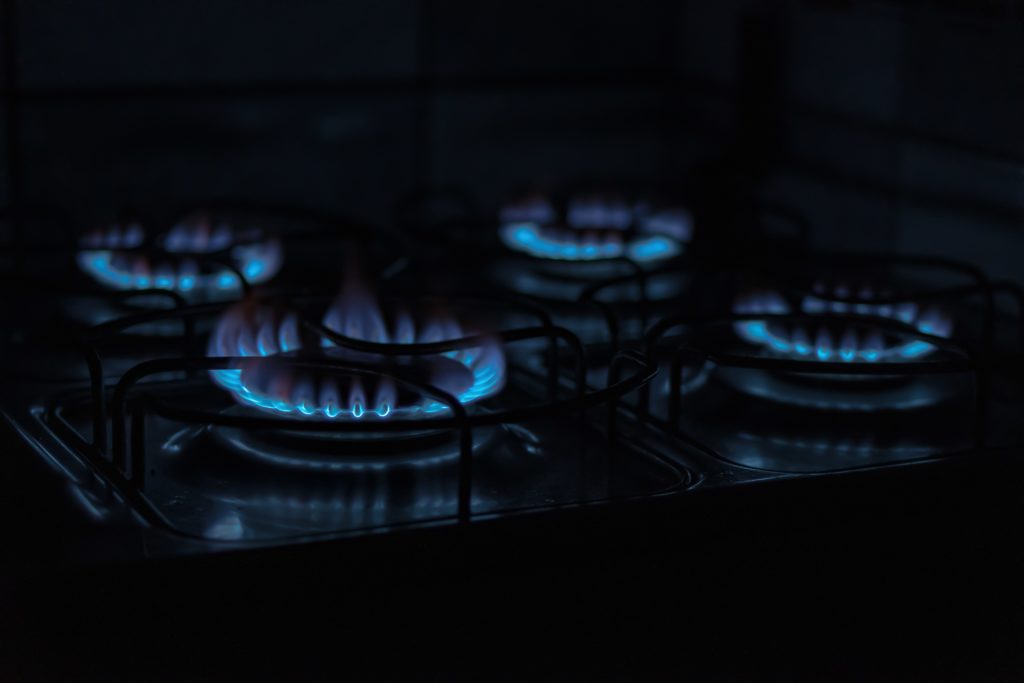Propane is a light hydrocarbon that is usually gas under atmospheric conditions. It gets produced during the refining of petroleum crude oil or the production of crude oil and gas from oil and gas wells. Propane is a major component of Liquified Petroleum Gas (LPG) which is used in households as fuel for cooking and heating, and in small industries for burning fired heaters. It is also a raw material for propylene production which is a preliminary building block of many petrochemicals. Due to its cleaner-burning nature compared to heavier fuels, Propane is preferred as a fuel in houses and by industries that are conscious of their carbon credits. However, propane prices have faced consistent inflation since 2021. Lets know Why Is Propane So Expensive.

The demand-supply laws of economics apply to propane because like many other commodities, propane is getting expensive due to the rising prices of crude oil which is the raw material for its production. Furthermore, with the increasing global population and increased usage of cleaner-burning fuels today, the demand for propane is higher than in the past. Since it is a light hydrocarbon, it can easily be burnt with a lower amount of heat required for ignition unlike the heavier petroleum commodities like furnace oil. Increased demand for plastic as a lighter material and its lower cost compared to metals causes higher demand for propane globally. Propane has also replaced many fuels like natural gas and gasoline in automobiles. For refrigeration applications, propane proves to be a great industrial refrigerant, further adding to its usefulness in the industrial sector. Once again, these factors are offsetting the balance of demand and supply of propane globally. Therefore, all these factors serve to enhance the prices of propane which is now much more costly than before.
The reasons why propane is so expensive
Propane is a lighter hydrocarbon compared to naphtha which is the precursor of gasoline. Since gasoline is easier to burn due to its readiness to vaporize under atmospheric conditions, propane is easier to burn than even gasoline since it is lighter than gasoline. Therefore, in automobiles where a high voltage spark plug is used to ignite gasoline at high pressure, the only sight of flame can ignite propane under atmospheric conditions. Therefore, in areas where natural gas is unavailable, propane can easily replace natural gas.
Metals are getting expensive and require high extraction costs. Furthermore, they are heavy and require significant effort to be molded into shapes like utensils and household furniture. Metals also rust so they become a liability instead of a utility. Plastics have been observed to replace metals in this regard. Not only are plastics inexpensive as compared to metals, but they also require less effort to be molded and last long if maintained properly. Therefore, propane-based petrochemicals (polypropylene) also replace metals. Polypropylene films are also used in packaging and automotive industries that are now growing rapidly. All these uses are offsetting the supply of propane with high demand.
LPG-based automobiles also provide great utility because the cost per kg of LPG is much lower than Compressed Natural Gas (CNG) or gasoline engines. Therefore, not only propane is invaluable for automotive part manufacturing, but also automobile fuel replacement as a cost-effective solution. Therefore, where the shortage of gasoline and diesel makes transportation a global issue, propane can provide a venue to resolve this shortage. However, as the price of other fuels is increasing, the price of propane is becoming even higher because of its advantages and high demand.
Sectorial price impacts
- Residential
In countries where natural gas is not available for household consumption, propane is the best solution. According to U.S. Energy Information Administration (EIA), the U.S. residential sector is the largest propane consumer. Major uses are cooking and heating water and space. Seasons also govern the propane prices in this regard as winters and autumn are the seasons of highest consumption, the prices of propane are also the highest in these seasons than the others.
- Industrial
After residential, the industrial sector dominates propane consumption. As explained earlier, petrochemical production leads to the development of polymer-based utensils, furniture, packaging, and automotive parts. Propane is also a good refrigerant for industrial and heavy-duty chilling purposes. Therefore, the use of propane in these industries leads to higher overall consumption as compared to all other sectors except the residential sector. Often, the prices of industrial-grade propane are higher than the other sectors due to the higher purity requirement.
- Commercial and transportation
Commercial and transportation sectors are the lowest demanding sector for propane. Since commercial centers like shops and malls do not operate on a 24-hour basis, their consumption is lower than the other sectors. The transportation sector also does not consume a lot of propane as it is not the primary fuel incorporated in their design.
Conclusion
Propane is an invaluable hydrocarbon for almost all the major sectors like the residential, industrial, commercial, transportation, and agricultural sectors. However, the demand and supply factors decide its price, so it is increasingly becoming expensive. Apart from its applications, it is cleaner burning compared to heavier hydrocarbon commodities such as gasoline and diesel. Therefore, this fuel is superior even from the environmental perspective adding to its price as an environmentally friendly fuel among the other fuels. These are the reasons why propane is becoming more expensive by the day.
Frequently Asked Questions (FAQs)
Q1: Why is propane not sold at ordinary fuel stations?
Propane is not categorized as regular automotive fuel. Furthermore, it requires special storage conditions (high pressure). Since its application is not much compared to gasoline and diesel, only a few fuel stations keep it for selling. Therefore, propane is not sold at any ordinary fuel station.
Q2: Is propane dangerous?
Propane can easily catch fire. Therefore, it should be sold away from ignition sources or direct sunlight. Along with its high price, its storage can also incur significant costs that add to the overall operational cost of propane consumption.


